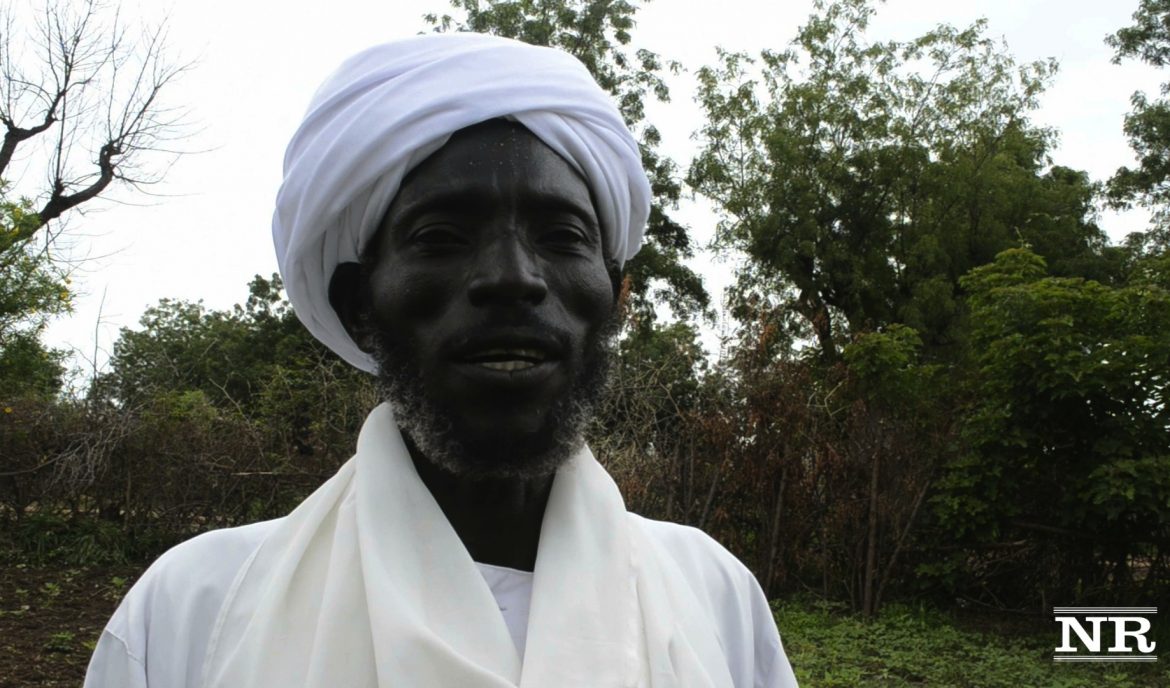“I hope these protests continue until we get our rights.”
A peaceful protest by university students in Khartoum on June 16th has spread throughout Sudan, with mass numbers of citizens outside their homes, protesting the central government. The movement began shortly after President Omar al-Bashir ordered the removal of fuel subsidies.
Osman Naway, a Sudanese human rights activist in the United States, told Eyes and Ears Nuba that the protests reach beyond economic policies. The protesters want the same thing Sudan’s Revolutionary Front (SRF) wants: reform and regime change, he said.
“Both sides know it,” he explained, “but they did not yet find common ground to coordinate their efforts towards their same goal.”
Eyes and Ears Nuba asked people in the Nuba Mountains of Southern Kordofan, the country’s southernmost state, how they feel about the protests. Almost every day since last June, the government has bombed their villages. Everyone interviewed responded in strong favor of the protests.
“The planes that are bombing us and killing our children is pure oppression,” Juma Hassen, a farmer in the region, said. “So we need our rights. I hope these protests continue until we get our rights.”
Sudan has a long history of civil war. Bashir assumed power by coup on June 30th, 1989 and has engaged in conflict with Sudanese citizens ever since. In Darfur, Southern Kordofan, and Blue Nile states, thousands of people have taken up arms to fight against the current government. Last year these different factions joined forces to form the Sudan Revolutionary Front (SRF). As the alliance was formed, the acting parties determined a common goal: to overthrow the current regime, as their efforts to negotiate with it had failed.
“We are fighting for the removal of the Khartoum Regime and the establishment of a democratic secular state,” Arnu Ngutulu, the spokesman for the Sudan Peoples Liberation Movement-North, told Eyes and Ears Nuba.
Imam Kunda, a leader of a Nuba mosque, told reporters he believes the protests are necessary.
“What is going on in Khartoum is because of oppression,” Kunda said. “God and his prophet never accept oppression. The people are uprising against oppression. The oppressed are asking for their rights.”





